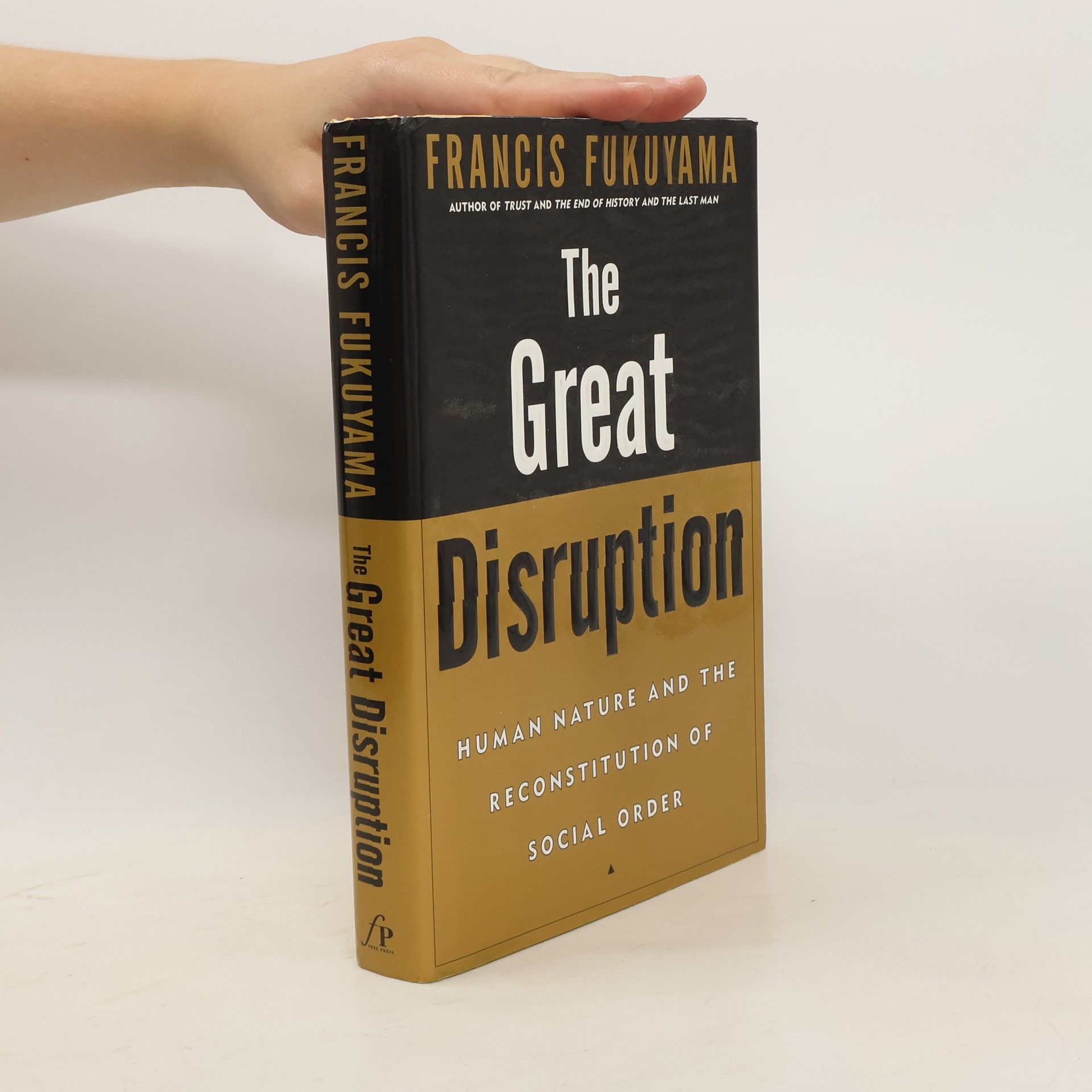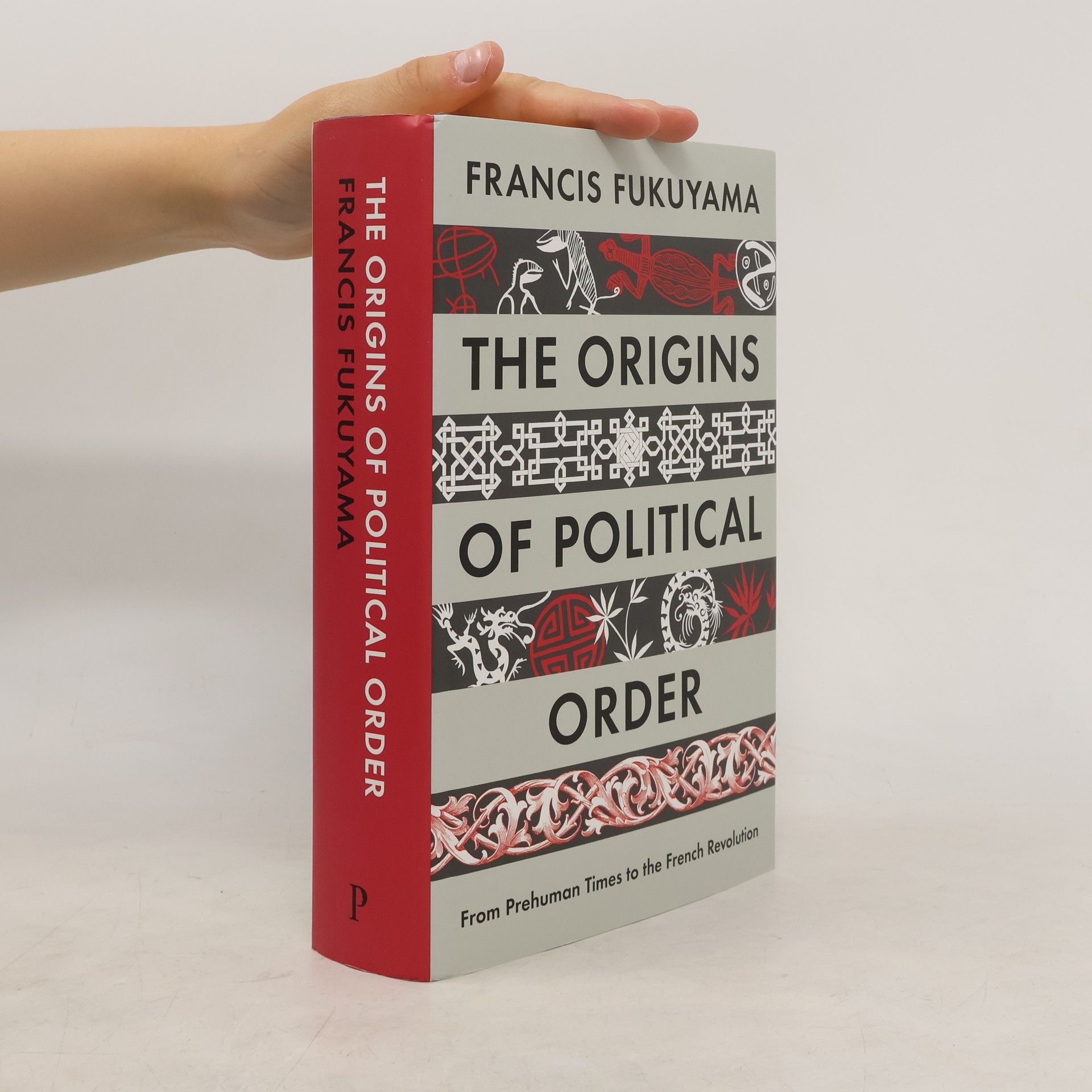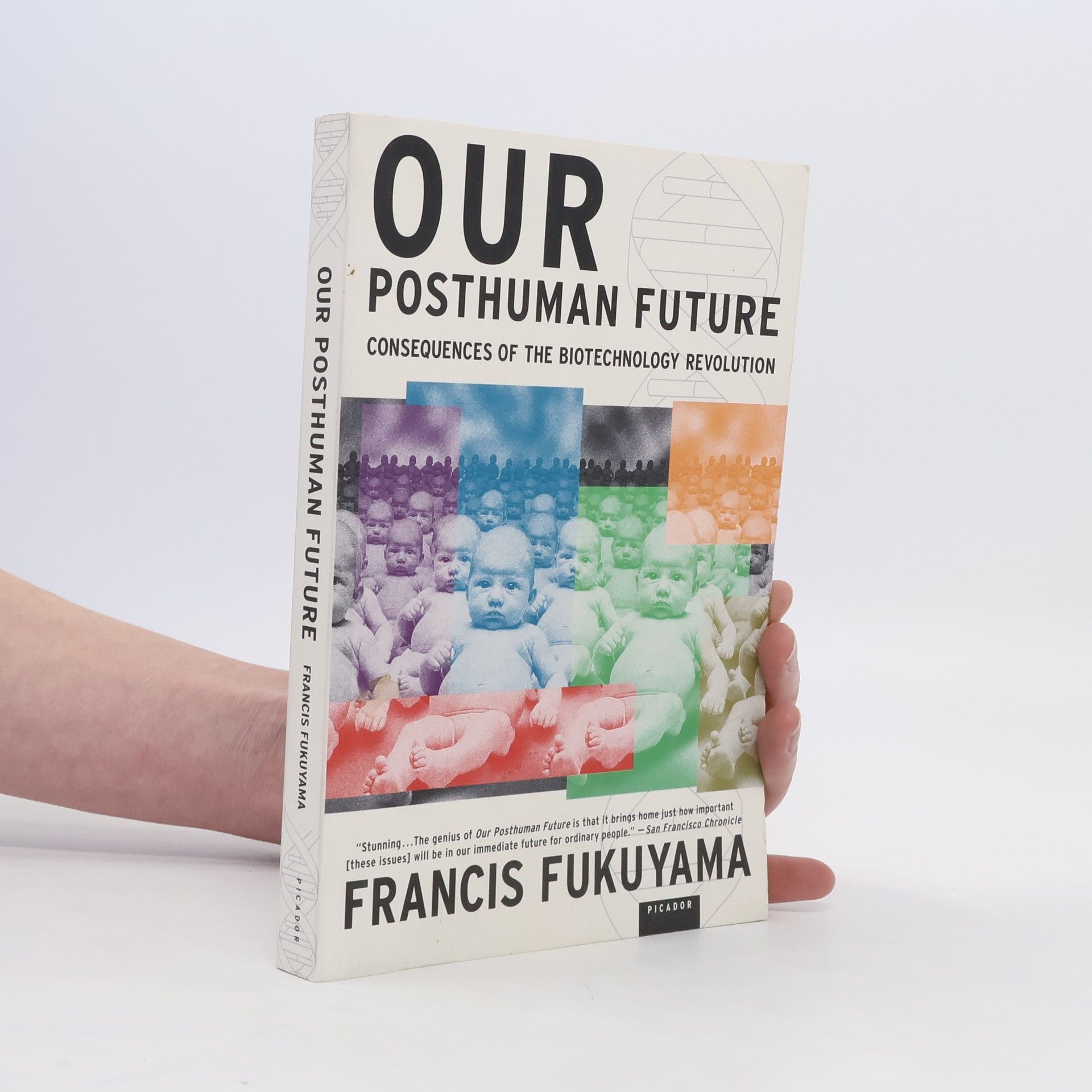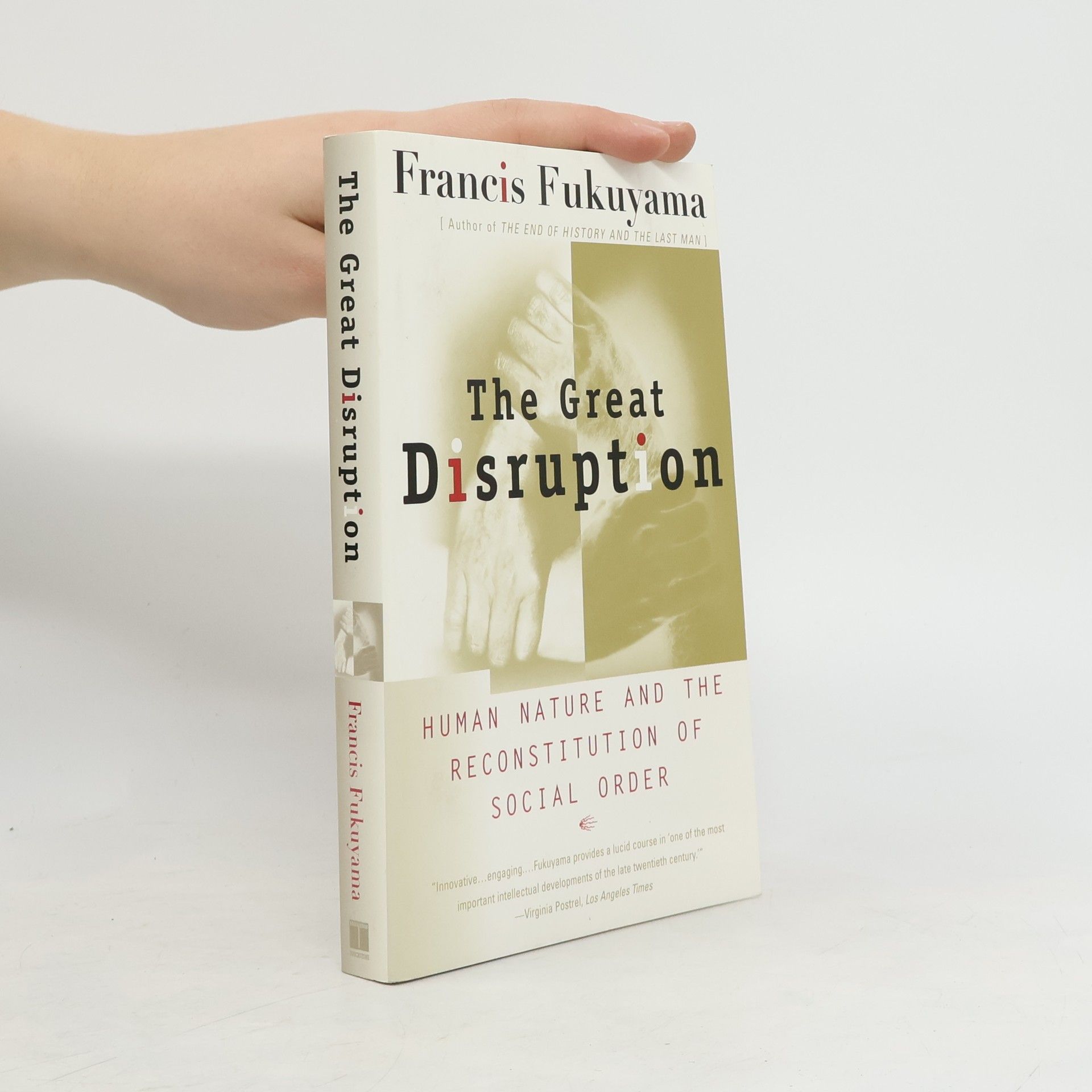Fukuyama, de schrijver van het wereldwijd beroemde boek "Het einde van de geschiedenis', bekijkt in zijn nieuwe boek "Identiteit' het electorale succes van populisten. Dit succes wordt vaak verklaard vanuit economische motieven, maar komt in feite voort uit een behoefte aan identiteit. In "Het einde van de geschiedenis' schreef Fukuyama al dat mensen hechten aan erkenning van hun waardigheid. Nu verklaart hij vanuit dit begrip het huidige tijdsgewricht. Voorheen streefde de liberale democratie naar universele erkenning van burgerschap met onvervreemdbare rechten. Nu heeft identiteitspolitiek op basis van religie, ras, etniciteit of gender de overhand. De opleving van de gepolitiseerde islam, identiteitspolitiek gericht op etnische minderheden, activisme op universiteiten en het anti-immigranten-populisme zijn daar voorbeelden van. De behoefte aan identiteit kan niet zomaar opzij worden gezet. Daarom moet zij ingevuld worden op een manier die de democratie ondersteunt in plaats van ondermijnt. Identiteit is een noodzakelijk boek – een ernstige waarschuwing dat we onszelf veroordelen tot voortdurend conflict, tenzij we een universele invulling aan menselijke waardigheid geven.
Francis Fukuyama Boeken
Francis Fukuyama is een Amerikaanse filosoof en politiek econoom die bekend staat om zijn diepgaande analyses van geschiedenis, ideologie en de ontwikkeling van de liberale democratie. Hij verwierf brede erkenning voor zijn 'einde van de geschiedenis'-these, die de liberale democratie als de ultieme vorm van menselijk bestuur postuleerde. Fukuyama heeft sindsdien zijn denken geëvolueerd en onderzoekt de implicaties van biotechnologie voor de menselijke natuur en de maatschappelijke orde, waarmee hij complexe overwegingen over de toekomst van politieke en sociale structuren introduceert.







In The Origins of Political Order, Francis Fukuyama took us from the dawn of mankind to the French and American Revolutions. Here, he picks up the thread again in the second instalment of his definitive account of mankind's emergence as a political animal.This is the story of how state, law and democracy developed after these cataclysmic events, how the modern landscape - with its uneasy tension between dictatorships and liberal democracies - evolved and how in the United States and in other developed democracies, unmistakable signs of decay have emerged. If we want to understand the political systems that dominate and order our lives, we must first address their origins - in our own recent past as well as in the earliest systems of human government. Fukuyama argues that the key to successful government can be reduced to three key elements: a strong state, the rule of law, and institutions of democratic accountability.This magisterial account is required reading for anyone wishing to know more about mankind's greatest achievements.
The Origins of Political Order
From Pre-Human Times to the French Revolution
- 608bladzijden
- 22 uur lezen
Nations are not trapped by their pasts, but events that happened hundreds or even thousands of years ago continue to exert huge influence on present-day politics. If we are to understand the politics that we now take for granted, we need to understand its origins. Francis Fukuyama examines the paths that different societies have taken to reach their current forms of political order. This book starts with the very beginning of mankind and comes right up to the eve of the French and American revolutions, spanning such diverse disciplines as economics, anthropology and geography. The Origins of Political Order is a magisterial study on the emergence of mankind as a political animal, by one of the most eminent political thinkers writing today.
A TIMES BEST PHILOSOPHY & IDEAS BOOK OF 2022A defence of liberalism by the renowned political philosopher'We need more thinkers as wise as Fukuyama digging their fingers into the soil of our predicament' The New York Times'A brilliantly acute summary of the way some aspects of liberal thought have consumed themselves' Guardian'One of the West's most interesting public intellectuals' Times'Hard to think of a better case for liberal centrism' FTLiberalism - the comparatively mild-mannered sibling to the more ardent camps of nationalism and socialism - has never been so divisive as today. From Putin's populism, the Trump administration and autocratic rulers in democracies the world over, it has both thrived and failed under identity politics, authoritarianism, social media and a weakened free press the world over.Since its inception following the post-Reformation wars, liberalism has come under attack from conservatives and progressives alike, and today is dismissed by many as an 'obsolete doctrine'. In this brilliant and concise exposition, Francis Fukuyama sets out the cases for and against its classical observing the rule of law, independence of judges, means over ends, and most of all, tolerance.Pithy, to the point, and ever pertinent, this is political dissection at its very best.
In 2014, Francis Fukuyama wrote that American and global institutions were in a state of decay, as the state was captured by powerful interest groups. Two years later, his predictions were borne out by the rise to power of a series of political outsiders whose economic nationalism and authoritarian tendencies threatens to destabilise the entire international order. These populist nationalists seek direct charismatic connection to 'the people', who are usually defined in narrow identity terms that offer an irresistible call to an in-group and exclude large parts of the population as a whole.The demands of identity direct much of what is going on in world politics today. The universal recognition on which liberal democracy is based has been increasingly challenged by restrictive forms of recognition based on nation, religion, sect, race, ethnicity, or gender, which have resulted in anti-immigrant populism, the upsurge of politicised Islam, the fractious environment of many college campuses, and the hideous emergence of white nationalism.Identity is an urgent and necessary book: a sharp warning that unless we forge a universal understanding of human dignity, we will doom ourselves to continual conflict.
The Great Disruption
- 368bladzijden
- 13 uur lezen
An exploration of the nature of social order discusses how the transformation from an industrial to an information society has disrupted moral standards, showing how the disruption will evolve into a Great Reconstruction as age-appropriate values instill themselves. 50,000 first printing.
After the Neocons: America at the Crossroads
- 226bladzijden
- 8 uur lezen
Attacking the right-wing policymakers he had associated with, the author argues that the Bush administration, in the war in Iraq, has wrongly applied the principles of neoconservatism. He provides an approach, which emphasizes the importance of solving the problem of development and of creating multiple international institutions.
Our Posthuman Future
- 272bladzijden
- 10 uur lezen
A decade after his now-famous pronouncement of "the end of history," Francis Fukuyama argues that as a result of biomedical advances, we are facing the possibility of a future in which our humanity itself will be altered beyond recognition. Fukuyama sketches a brief history of man's changing understanding of human from Plato and Aristotle to the modernity's utopians and dictators who sought to remake mankind for ideological ends. Fukuyama argues that the ability to manipulate the DNA of all of one person's descendants will have profound, and potentially terrible, consequences for our political order, even if undertaken with the best of intentions. In Our Posthuman Future , one of our greatest social philosophers begins to describe the potential effects of genetic exploration on the foundation of liberal the belief that human beings are equal by nature.
Presents the debate about the future of the world in the post-Cold War era. This book expands on the author's work to address the fundamental and far-reaching themes of the new millennium.
The great disruption : human nature and the reconstitution of social order
- 368bladzijden
- 13 uur lezen
In the past thirty years, the United States has undergone a profound transformation in its social structure: Crime has increased, trust has declined, families have broken down, and individualism has triumphed over community. Has the Great Disruption of recent decades rent the fabric of American society irreparably? In this brilliant and sweeping work of social, economic, and moral analysis, Francis Fukuyama shows that even as the old order has broken apart, a new social order is already taking its place. The Great Disruption forges a new model for understanding the Great Reconstruction that is under way.



